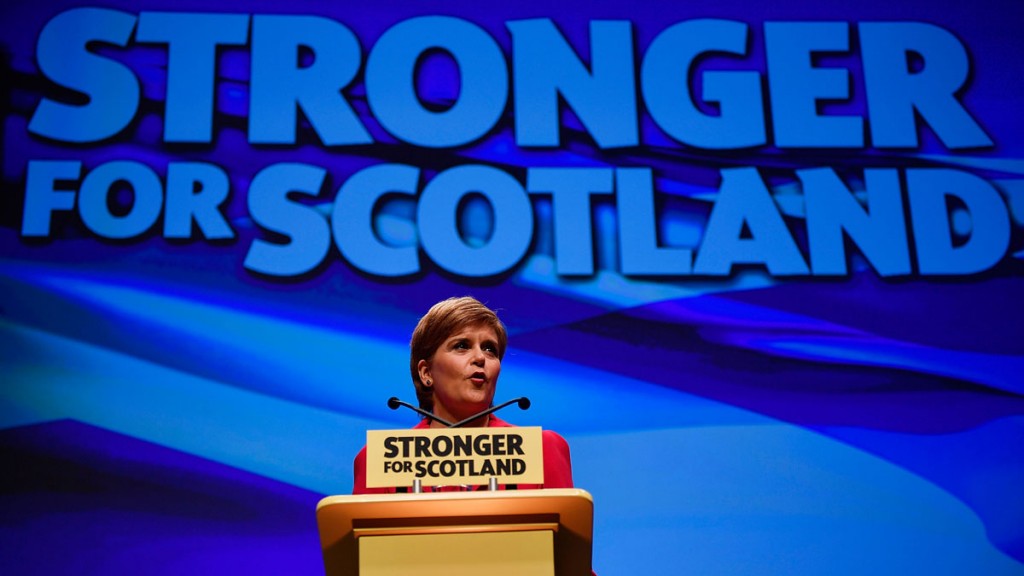
If you want to save the Union, vote Brexit. I wrote this here just before the June referendum on Britain’s EU membership. It seemed an odd thing to say, at the time. But so far, so good.
A poll from The Times out today shows that support for Scottish independence has fallen (to 43%, against 44% when the “once in a lifetime” referendum was held in 2014) and that support for having another referendum on independence is very limited indeed. A mere 31% of Scots would like Nicola Sturgeon to spend the next two years campaigning for independence. And even among the minority that voted yes in 2014, only 60% would like ministers to campaign for full separation. So what’s driving this?
The first thing is probably simple: Scotland may well have just had enough of referendums and enough of government being more about campaigning than about governing. The second is about the EU. Brexit means that voting for independence (as Sturgeon looks at it) effectively means leaving the UK to, one way or another, join the EU.
That means leaving a union that works for one that clearly doesn’t; leaving a union that Scotland is a fiscal beneificiary of, for one that it will be a net contributor to; and leaving a union that is gradually devolving power to Scotland for one that makes no secret of its intention to keep reducing the sovereign power of its members.
It also means (in all likelihood) dumping sterling for the euro – something the majority of Scots say they don’t want. Scotland voted to remain – and would do so again if they voted again today (by 65% to 35%). But, while Scots are keen on the EU, they clearly aren’t quite keen enough on it to leave the UK to join it themselves. Given the choice between the UK and the EU, they choose – quite rightly I think – the UK.